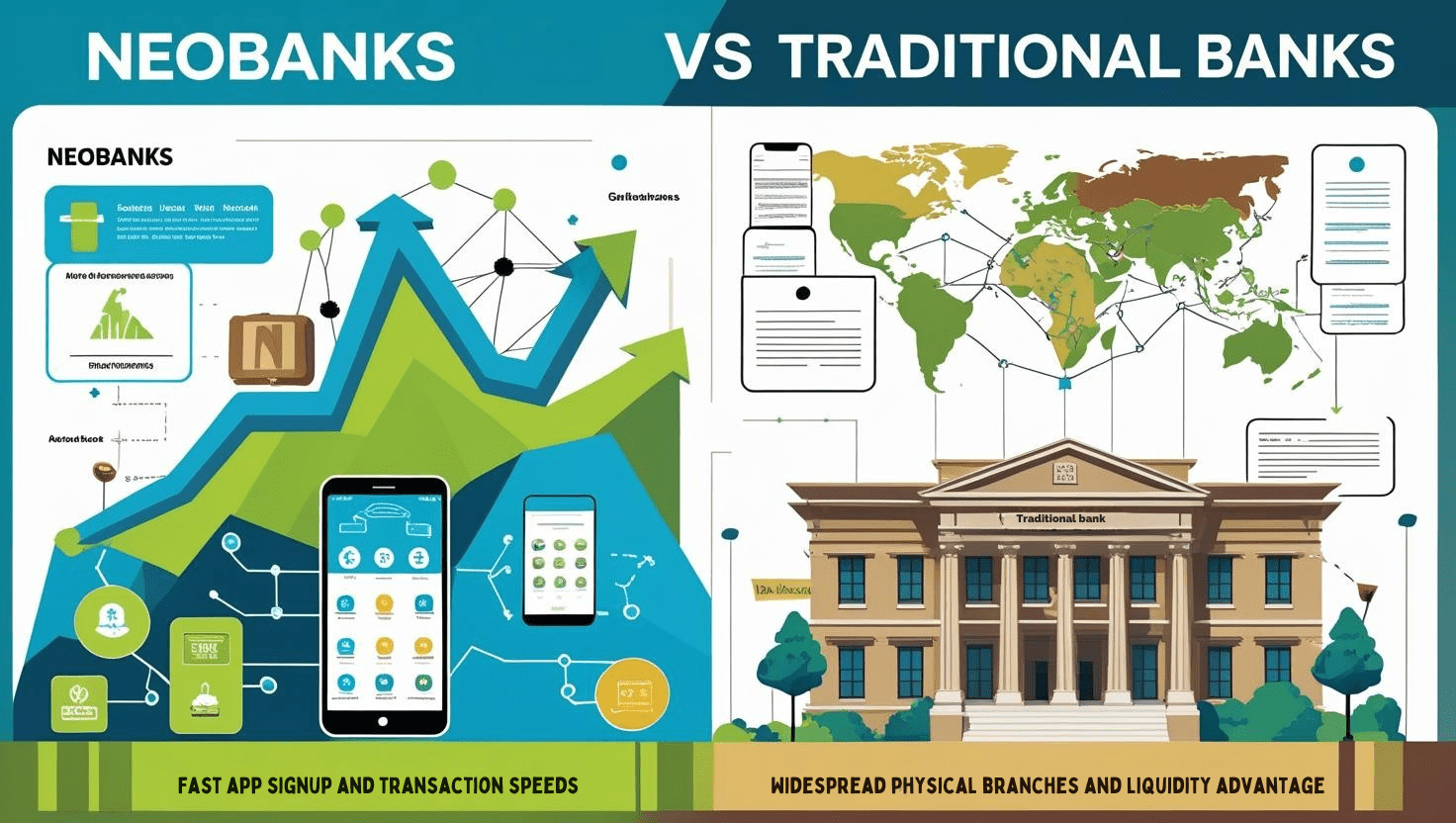Understanding the Speed of Fintech Transactions Versus Traditional Banks in Nigeria
In Nigeria, it’s a common belief that fintech platforms such as OPay and Moniepoint process transactions much faster than conventional banks. The popular narrative suggests that banks are “slow because they rely on batch processing,” whereas fintechs are “instant due to their use of liquidity pools.” But how accurate is this perception?
The Infrastructure Behind Money Movement in Nigeria
The reality of transaction speed in Nigeria is more complex and depends heavily on the payment infrastructure used by both banks and fintech companies. Central to this ecosystem is the NIBSS Instant Payment (NIP) system, Nigeria’s real-time credit transfer platform. When you send money from one financial institution to another, NIP instructs the receiving party to credit the beneficiary’s account immediately, which is why users often see funds appear “instantly.”
However, what many don’t realize is that NIP does not settle each transaction individually in real time. Instead, it employs a deferred net settlement mechanism. This means that all transactions between banks and payment providers are aggregated and settled in batches at specific intervals throughout the day via the Central Bank of Nigeria’s Real-Time Gross Settlement (RTGS) system.
Historically, NIBSS has conducted two settlement cycles daily, but this has increased to four cycles recently. Regardless of the number, the principle remains: users receive immediate credit, while financial institutions reconcile their accounts during scheduled settlement windows. This hybrid model of “instant credit to users with later net settlement” is a standard approach used by real-time payment systems globally.

Batch Processing Still Exists but Is Not the Norm for Everyday Transfers
While batch systems like Nigeria’s NEFT (NIBSS Electronic Funds Transfer) remain in use, they are typically reserved for less time-sensitive transactions. NEFT processes payments in clearing windows or sometimes on the next business day, which explains why some bank transfers take hours to complete. The key distinction is that NIP offers instant transfers, whereas NEFT operates on batch processing. Many banks and fintech platforms support both systems, which accounts for the variability in transaction speeds experienced by customers.
Delays in bank transfers are often due to factors such as fraud checks, compliance reviews, or system downtimes rather than an inherent limitation of batch processing alone.
Why Fintech Transfers Feel Instant
Fintech platforms differentiate themselves through how they handle funds within their own ecosystems. For example, when transferring money between two OPay wallets or two Moniepoint accounts, no interbank network is involved. Instead, the platform simply debits one internal ledger and credits another, making these transfers instantaneous by design-similar to how transfers within the same bank are always immediate.
When fintech users send money outside their platform, the transaction still relies on NIP. In these cases, fintech companies often connect indirectly through partner banks, leveraging NIP to ensure instant credit to the recipient, with net settlement occurring later.
The term “liquidity pools” is sometimes used to describe fintech operations, but this can be misleading as it evokes decentralized finance concepts. In reality, fintechs maintain safeguarding accounts and prefunded settlement balances to ensure smooth operations.
For Mobile Money Operators (MMOs) like OPay, regulations require customer wallet funds to be held in trust accounts with deposit money banks. This wallet float is not speculative capital but safeguarded funds. Since May 2024, these funds have been insured by the Nigeria Deposit Insurance Corporation (NDIC) up to ₦5 million per subscriber per MMO, providing users with protection similar to bank deposits.
Additionally, fintech platforms pre-fund their settlement accounts with partner banks to prevent transaction failures due to insufficient balances. This practice enhances reliability but does not imply that fintechs are fronting money before it exists.
Ultimately, interbank transfers still follow NIP’s model: instant credit to beneficiaries with deferred net settlement through the Central Bank of Nigeria.

Licensing and Regulatory Frameworks Impact Fintech Operations
The regulatory status of fintech companies also influences their capabilities. OPay operates as a Mobile Money Operator licensed by the Central Bank of Nigeria (CBN), while Moniepoint functions as a Microfinance Bank, fully regulated and supervised by the CBN, with deposits insured by NDIC.
Moniepoint also holds additional licenses for switching and processing, enabling it to offer comprehensive banking services such as full bank accounts, debit cards, and merchant payment solutions, alongside large-scale payment processing.
This regulatory positioning allows Moniepoint to credit customers instantly within its internal ledger and connect directly to NIP for external transfers.
Key Factors Behind Fintech’s Perceived Speed Advantage
The primary reason fintech platforms often feel faster than traditional banks boils down to their technological infrastructure and operational design. Four main factors contribute to this perception:
- Instant internal ledger transfers: Wallet-to-wallet transactions within the same platform bypass external payment rails, making them immediate.
- End-to-end automation: Fintechs automate processes such as retries and reversals. When NIP returns an error, fintech apps promptly update user balances and initiate reversals, minimizing confusion.
- Enhanced user experience: Features like virtual accounts, beneficiary validation, and transparent transaction status updates provide users with real-time insights, unlike banks that often display vague “processing” messages.
- Prefunded settlement accounts: By maintaining sufficient balances in settlement accounts, fintechs reduce the risk of transaction failures due to insufficient funds.

In summary, the speed advantage of fintech platforms in Nigeria is less about bypassing traditional banking rails and more about how they leverage technology, regulatory frameworks, and operational efficiencies to deliver a seamless and rapid user experience.




















0 Comments